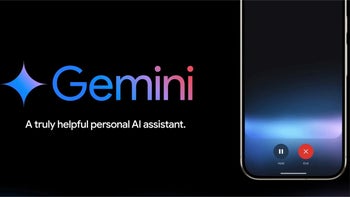Google is not throwing out Gmail privacy

We've gotten a number of e-mails from readers who, like many others, have misinterpreted a quote that has been taken out of context from Google's recent summary motion to dismiss statement in a class-action lawsuit. Taken out of context, the quote says that Gmail users have "no legitimate expectation of privacy in information he voluntarily turns over to third parties". Of course, when you take it in context, Google is not saying it is throwing out privacy. In fact, Google isn't saying anything new at all.
First of all, the section isn't even talking about Gmail users, it is specifically labeled for "Non-Gmail Plaintiffs". Google argues that:
While the non-Gmail Plaintiffs are not bound to Google’s contractual terms, they nonetheless impliedly consent to Google’s practices by virtue of the fact that all users of email must necessarily expect that their emails will be subject to automated processing.
The full quote that is being misinterpreted goes like this:
Just as a sender of a letter to a business colleague cannot be surprised that the recipient’s assistant opens the letter, people who use web-based email today cannot be surprised if their communications are processed by the recipient’s ECS [electronic communication service] provider in the course of delivery. Indeed, 'a person has no legitimate expectation of privacy in information he voluntarily turns over to third parties.' Smith v. Maryland, 442 U.S. 735, 743-44 (1979).
So, as you can see, the entire point is that automatic processing is such a "widely understood and accepted" practice that users are implied to consent to the practice each time they send an e-mail. This idea is called the "third-party doctrine" which holds "that knowingly revealing information to a third party relinquishes Fourth Amendment protection in that information". And, the quote which Google uses from Smith v. Maryland is a case which is often cited as the case in which the "third-party doctrine" was upheld.
The quote is a controversial one, as is the "third-party doctrine" in general. But, as of right now, that is the law. And, whether or not you agree with the law (and we would certainly understand those who don't agree with it), the fact stands that it is the law, and Google abides by it. It should also be remembered that the "third-party doctrine" is only being used to defend automatic processing, all of Google's other privacy policies still stand, so your e-mail is not shared with anyone unless you consent (or the NSA uses another questionable law to gain access).
source: The Verge










Things that are NOT allowed: